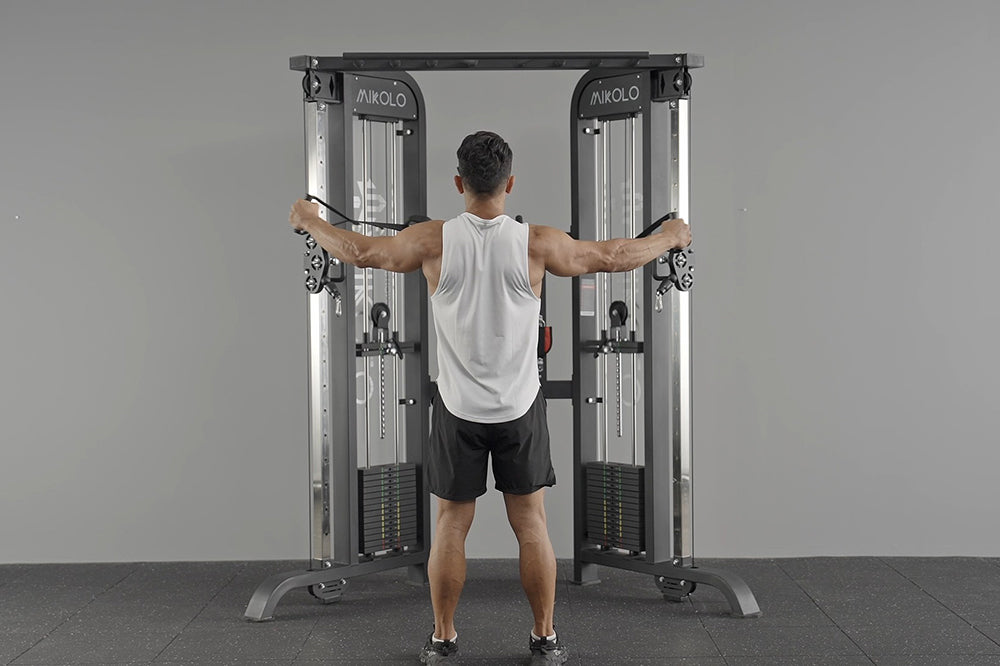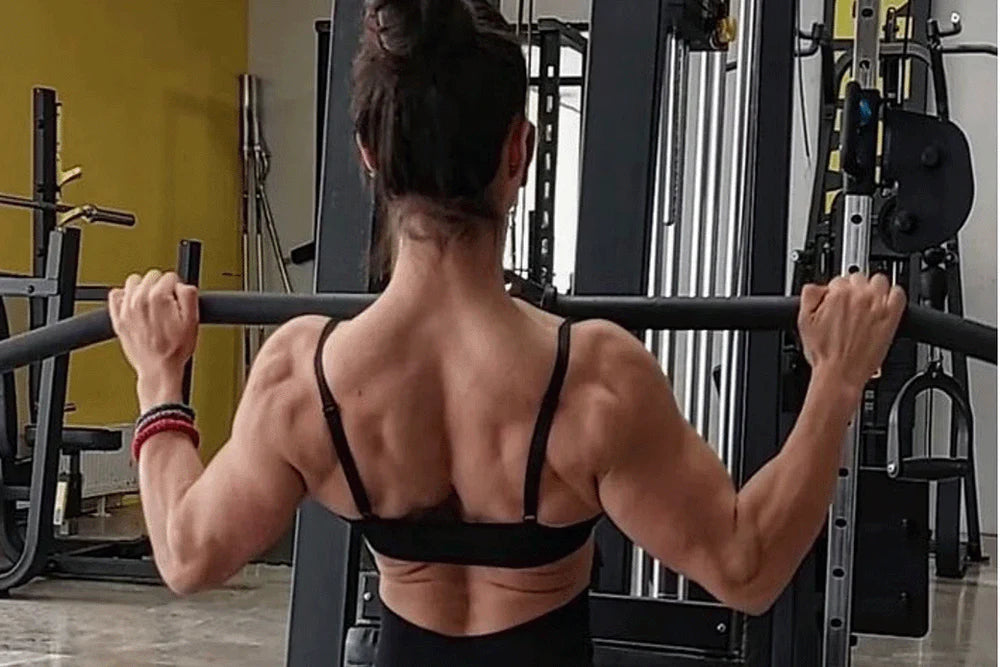Do you ever wonder why weightlifting is sometimes painful? Is pain a bad thing? A sign of weakness? A precursor to injury? Or is it possible that pain means your muscles are getting sufficiently smashed? Pain is a fascinating topic, and if you’re looking to get healthier and stronger in a safe and sustainable way, it’s important to understand what your body is telling you. In this article, we’ll dive deep into the world of pain and weightlifting, and help you decipher what your body is trying to tell you.
Type #1 – Good Pain (Muscle Soreness/DOMS)
The first kind of pain you need to be aware of is the good kind. You know, the kind that shows up 24-48 hours after you crush your muscles with heavy weights. This is known as Delayed Onset Muscle Soreness, or DOMS for short.
This type of pain is a natural response to your muscles not being used to the new demands you’re placing on them. It’s your body’s way of saying, “Hey, I need to adapt to this new level of stress!” and is a necessary part of the muscle building process.
Type #2 – Bad Pain (Sharp Pain or Aggravation)
The second kind of pain is the bad kind. This is the sharp, stabbing pain you feel while lifting weights. This is your body’s way of saying, “Dude, what are you doing to me?! Stop it! Stop it right now!”
This type of pain can be a warning sign that you’re doing something wrong, or that you’re overtraining. It can also be a sign that you’re not listening to your body and pushing through pain that’s not necessary.
Muscle Soreness vs. Harmful Pain
As we mentioned earlier, it’s normal to feel some discomfort when lifting weights. In fact, it’s a good sign that your body is being stressed enough to cause muscle fiber damage. When you lift weights, you’re causing micro-tears in your muscle fibers. When your body repairs these tears, that’s when your muscles grow and get stronger.
The soreness you feel is your body’s way of saying, “Hey, I need to repair some damage in here!” and is a natural part of the muscle building process.
Listen to Your Body
In addition to understanding the different types of pain, you need to listen to your body and pay attention to what it’s telling you. If you’re feeling sore, that’s a good sign your body is adapting to the stress you’re placing on it.
However, if you’re feeling sharp pain, that’s a warning sign that something is wrong and you need to take action to correct it. Sharp pain can be a sign of:
How to Prevent Pain in the First Place
One of the best ways to avoid pain in the gym is to be proactive about your training. Here are a few tips to help you get started:
-
Warm up properly before lifting
-
Gradually increase the weight you’re lifting
-
Take rest days
-
Work on your mobility and flexibility
The Mental Game of Training Through Pain
The final piece of the puzzle is mental. It’s easy to get caught up in the idea that pain is a bad thing, and that you should avoid it at all costs. However, if you want to get really strong, you need to be able to push through the mental burnout that comes with feeling sore.
Muscle soreness is a good sign your body is adapting to the stress you’re placing on it, and is a necessary part of building strong, lean muscle. By changing your mindset to view soreness as a positive thing, you’ll be able to push through the mental fatigue that comes with training hard.
Finding a Balance That Works for You
If you want to get healthy and strong in a safe and sustainable way, it’s important to find a balance that works for you. Here’s the deal: your body is incredibly smart, and if you listen to it, you’ll be just fine.
By working with a fitness professional, customizing your workout routine to your body’s needs, and challenging your muscles in a progressive and intelligent way, you can avoid painful plateaus and create a strong, lean physique that you’ll be proud of.
Lifting is a Process, Not a Destination
Lifting weights is a process, and it’s not always pretty. However, by learning to listen to your body and pay attention to the signals it’s sending you, you’ll be much more successful in the long run.
Remember, getting healthy and strong is a journey, not a destination. By working on your body and listening to it, you’ll be able to enjoy the fruits of your labor for years to come.













































Leave a comment
This site is protected by hCaptcha and the hCaptcha Privacy Policy and Terms of Service apply.